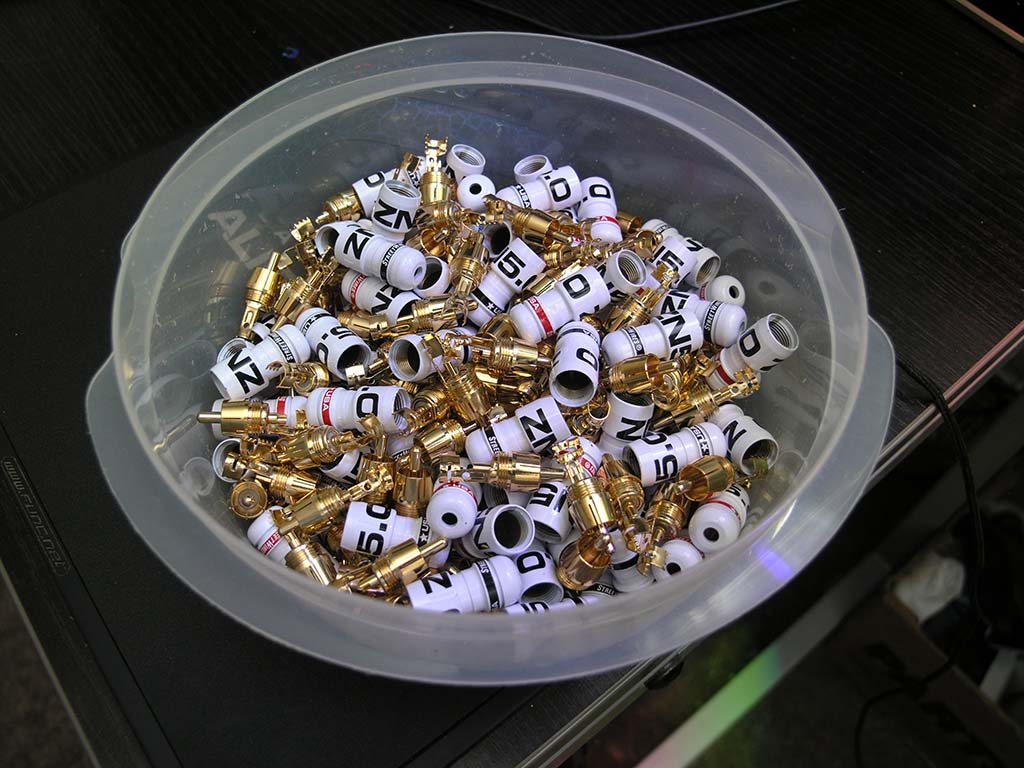Fading Phoenix
Gawd
- Joined
- Sep 14, 2006
- Messages
- 602
I'm just posting a general query. I was eyeing up optical toslink cables the other day and the vast differences in prices. Anyway, I found myself wondering, are more expensive cables like the Monster brand cables actually worth the premium they cost?
![[H]ard|Forum](/styles/hardforum/xenforo/logo_dark.png)
